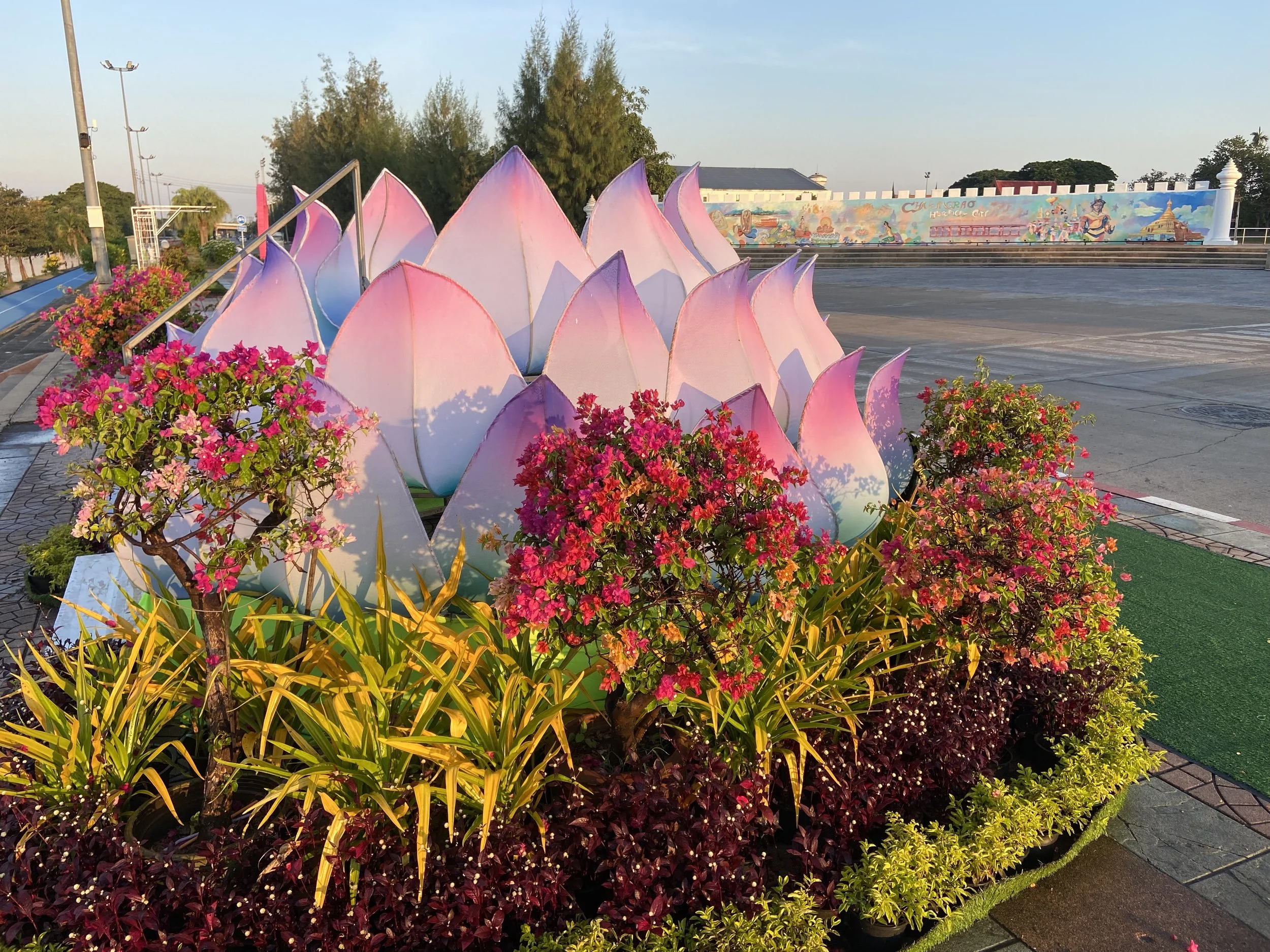From Paper to Electronic
Transforming a Longitudinal Cohort Study in Thailand
Executive Summary
An international team leading a long-running dengue fever cohort study in Thailand secured new funding to expand and extend operations for at least five more years. With added stakeholders, a revised protocol, and the departure of their data management partner, their paper-based system was no longer sustainable. After evaluating options, the team chose Research Allies to provide a secure, offline-capable electronic data capture solution with centralized access, rules-based entry, and quality monitoring.
Challenges
The study required a solution that would:
Enable offline electronic data capture for the field team
Streamline workflows with automated longitudinal scheduling, protocol management, and user-friendly eCRFs
Improve dataset structure and interoperability for future analysis and lab integration
Ensure data security, privacy, and availability through encryption, audit logs, and backups
Support collaboration with realtime data access for stokeholds across sites
Options Considered
Continue with previous technology: The legacy system was built over ten years but no longer supported.
Use REDCap: An evaluation of REDCap determined that it could not accommodate the protocol’s complexities.
Partner with Research Allies: Research Allies offered an expert team of clinical data capture specialists and a suite of Capture, Monitor, and Quality apps.
Solutions Applied
Over a five-year agreement, Research Allies delivered a tailored solution. Study staff designed eCRFs in Studio with technical support for advanced logic. AI-assisted coding simplified variable naming and ensured consistency. Complex workflows were simplified using advanced features such as contingent form scheduling, hierarchical data structures for family group cohorts, and automatic scheduling of repeating events.
Outcome
The transition resulted in:
Field staff quickly adapted to new tools, supported by automated scheduling and built-in checks
Immediate dataset access enabled centralized analysis and real-time monitoring across sites
Conclusion
Paper-based systems and ad hoc database had reached their limits. By adopting Research Allies’ Capture, Monitor, and Quality apps, the team gained a reliable, offline-ready solution that streamlined fieldwork while centralizing oversight. The result: a study positioned to scale, adapt, and thrive over its next phase.
“Watching the field team [capture data] is like watching ballet... Streamlined workflow is improving quality control.”
Katie B. Anderson, MD PhD CTropMed
Associate Professor at Upstate Medical University & Health Commissioner for Onondaga County

